The U.S. federal government has begun collecting more detailed race and ethnicity information to further understand the Asian American and Pacific Islander (AAPI) population.
The directive from the White House's Office of Management and Budget (OMB) — which oversees data collection across all federal agencies — was issued due to "large societal, political, economic and demographic shifts in the U.S.".
The update will change the way that ethnicity data is recorded beyond just the six largest Asian population groups in the U.S.: Chinese, Asian Indian, Filipino, Vietnamese, Korean and Japanese.
It will have a major impact on services available, say advocates.
The update comes as the AAPI community ranks as the fastest-growing racial group in the U.S., with more than 20 different Asian ethnic groups. The community is expected to number over 40 million people by 2060, the U.S. Department of Commerce said.
Karthick Ramakrishnan, founder and executive director of AAPI Data, a leading national research and policy organization, said in a statement: "We applaud the federal government for releasing these long-needed revisions for standards that more adequately recognize and honor the diversity, strength and needs of our communities."
The National Council of Asian Pacific Americans (NCAPA), based in Washington, is a coalition of 41 organizations nationwide.
The NCAPA described the government's move as one that will "meaningfully help the communities we serve and enable improvements in policies, programs, and investments by government agencies, community-based organizations, and private industry partners alike".
All government agencies will have to update their forms to ensure that a person's ethnicity is more accurately reflected when applying for something such as a Social Security card.
The Asian category will be expanded to include Chinese, Asian Indian, Filipino, Vietnamese, Korean, Japanese, Hmong, Pakistani and Afghan.
There will also be more choices under the Native Hawaiian and Pacific Islander such as Native Hawaiian, Chamorro, Tongan, Samoan, Chamorro, Fijian, Marshallese, Tahitian, Chuukese and Palauan.
Government agencies will be required to show how they plan to update their forms in 18 months' time. They will then have five years to complete the procedure.
An agency will be exempt from updating only if it can show that collecting the data will infringe on privacy or be too difficult to complete.
Quyen Dinh, executive director of the Southeast Asia Resource Action Center (SEARAC), said in a statement: "The revision marks progress for more visibility of the Southeast Asian community, including identifying Vietnamese as one of the detailed communities for data collection, and adding Hmong as an example of another group within the Asian racial category."
It has been nearly 50 years since the government first developed standards on how federal agencies should report a person's race and ethnicity. A second update occurred in 1997. The latest directive was issued in March this year.
In the 1990s, the second update identified the categories "Asian" and "Native Hawaiian or Other Pacific Islander" as two separate race categories. The option to tick two boxes to better reflect a person's heritage also became available.
Estella Owoimaha-Church, executive director of Empowering Pacific Islander Communities (EPIC), said in a statement: "Though Native Hawaiian and Pacific Islander communities have been in the U.S. for at least a century, we've only been recognized as a distinct racial group for the past 25 years.
"It continues to be imperative that self-determination is prioritized by providing racial categories beyond the six most populous groups in addition to a single combined race and ethnicity question, allowing for multiple responses."
The Asian American Foundation (TAFF), a nonprofit founded in 2021, has produced several reports aimed at delving into the AAPI experience on hate crimes, access to higher education, teaching history and several other topics.
Eugena Oh, TAAF New York regional director, told China Daily: "Data gaps limit both the resources that AAPIs receive and our understanding of the effectiveness of strategies deployed to meet the needs of the community."
She said she hopes that some of the grassroots efforts will result in "increased commitment" to including the AAPI community in other studies and information gathering benefiting the community.














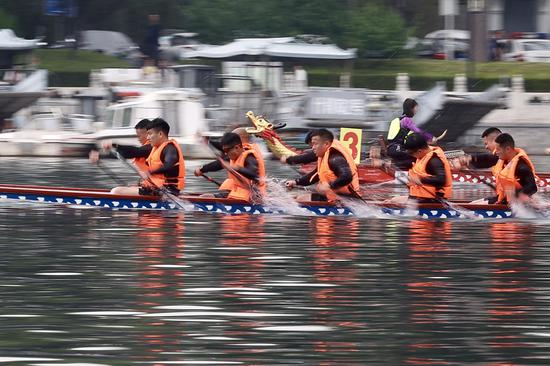

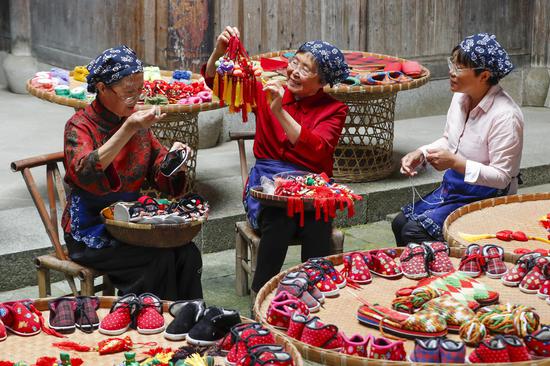
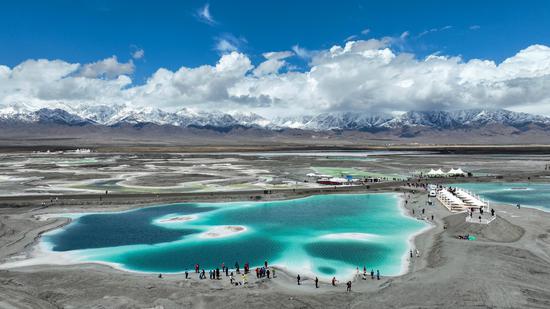





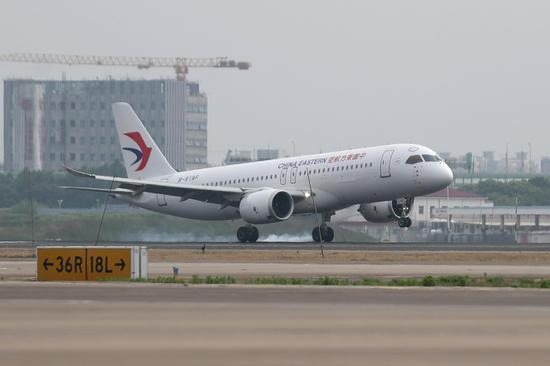
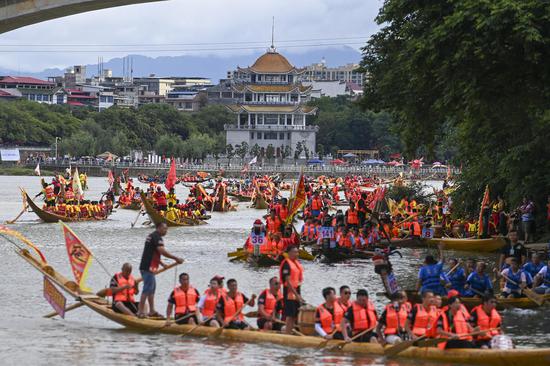





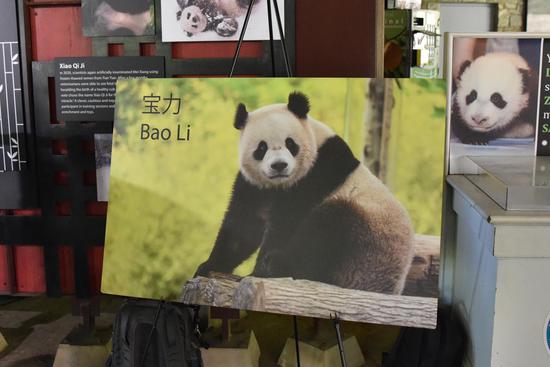










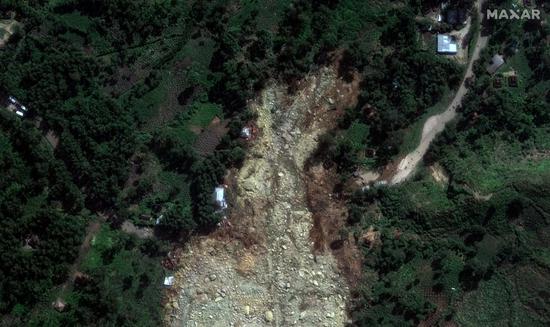








 京公網安備 11010202009201號
京公網安備 11010202009201號